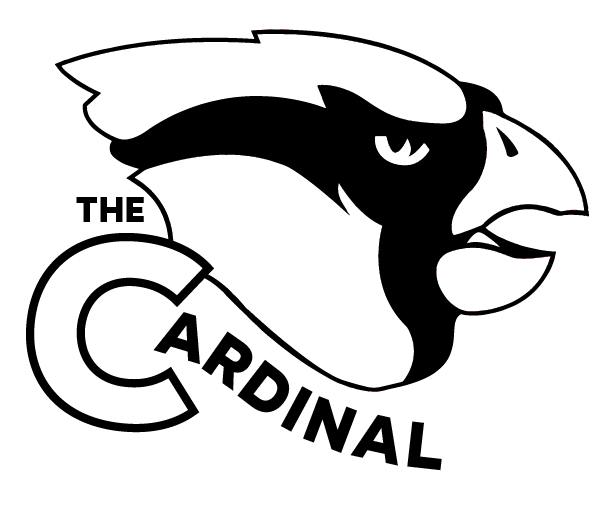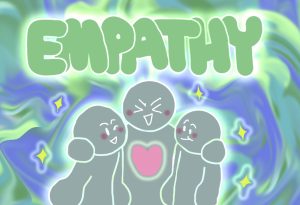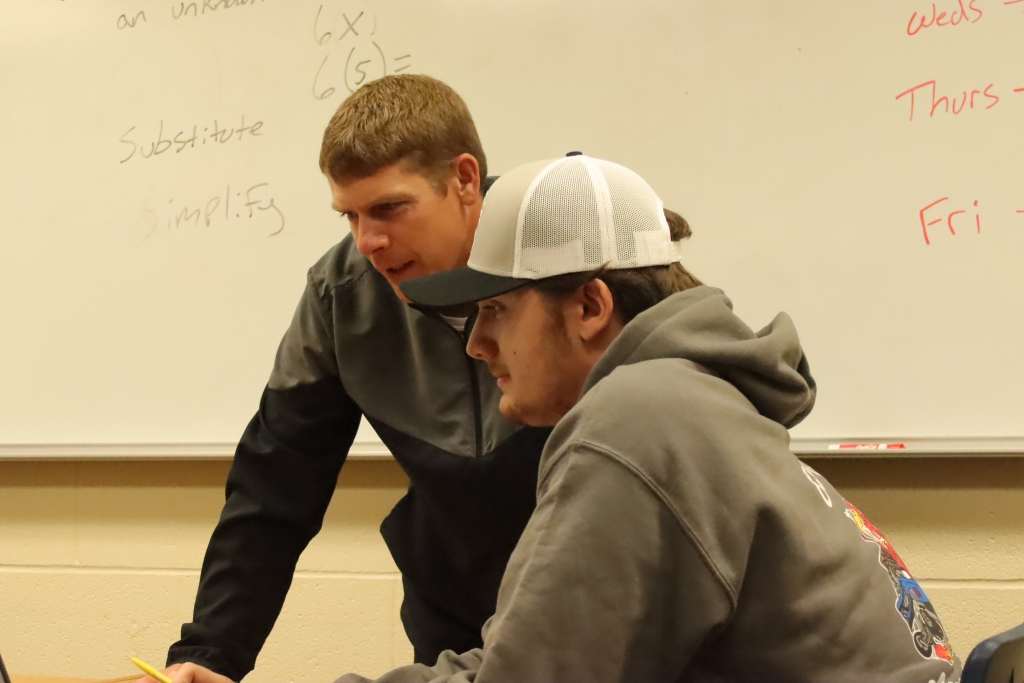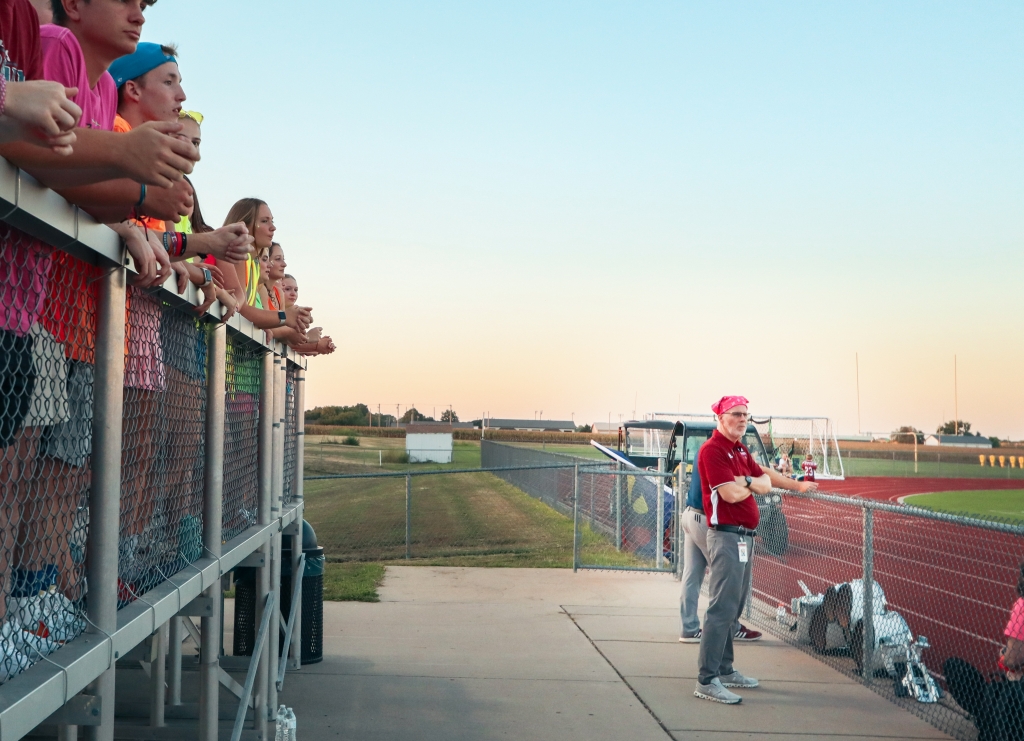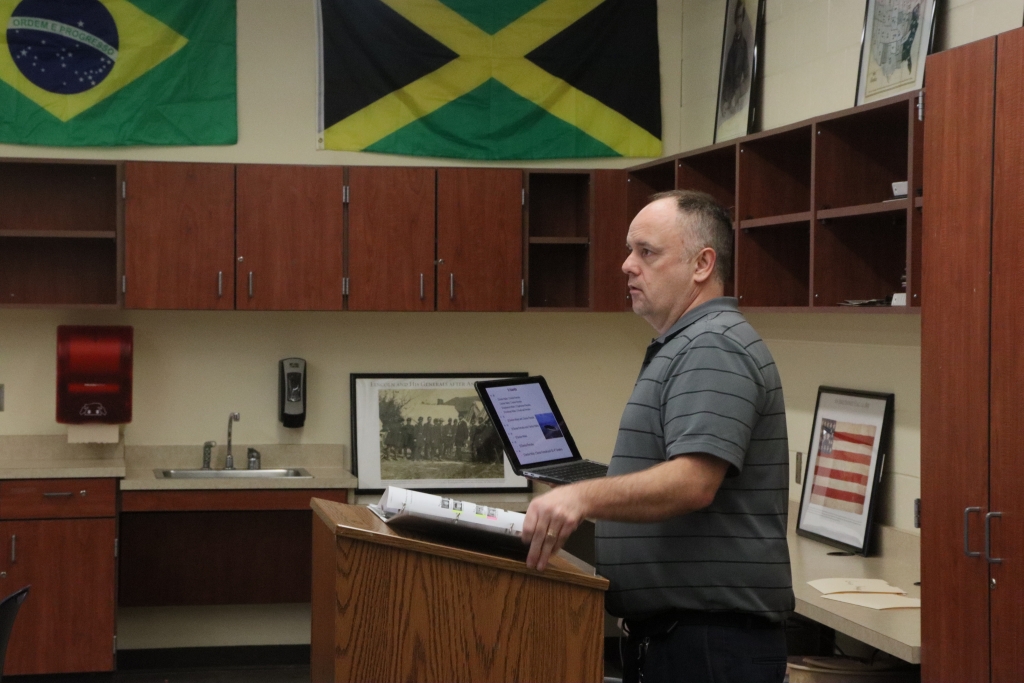G & F
story by Melanie Reese ≫
Generations of Americans have fought for the equality all people based on religion, gender, race and sexual identity. Yet, as a society, we are still fighting a hidden form of homophobia as long as ‘gay’ and ‘faggot’ are used as insults in typical daily language.
Somehow, the word “gay” has been turned around from a form of identity into a shameful term used to tease people seeming to be ‘lame’. BBC News interviewed students and found that when they use ‘gay’ and ‘faggot’ in jokes, that is has nothing at all to do with hostility to homosexuals. It is nearly always used in contexts where sexual orientation and sexuality are completely irrelevant.
“If ‘gay’ is used as an insult, should ‘straight’ be used as an insult?” said Taylor Huff, Sr.
At Eudora High school, like many other schools, the word gay gets tossed around without malice as a light insult. Though, to many people it isn’t a light insult –it is a form of identity that has taken countless years of oppression to finally be accepted.
“The people using the word could not tell you any sort of reason that it is an insulting thing,” said Nicole Whitten, Jr. “Using the word gay as an insult is just a sign of unintelligence and immaturity in a person. Being gay isn’t a bad thing and the longer we treat is as a bad thing the longer it will seem like a bad thing to younger generations and it will get passed on and we’ll never grow up or change. And if you want to ask why it’s a bad thing I would challenge you and ask why you think it’s an insulting thing.”
The word faggot originally was defined as a bundle of sticks used for kindling of fire. Now though, it is an informal and offensive way to classify a male homosexual. According to Huffington Post, in the middle ages people burned those that were thought to be witches at a stake. They would burn homosexuals as well, but they were too at the time considered to be too disgusting and unworthy to be given a stake to burn on, so they would be thrown in with the kindling with the other faggots.
Yet, the term is commonly used in America where we all are guaranteed by the state to be ‘equal individuals’. The reality is that Americans live in a society where having a different sexual identity is often a cause for discrimination. Though as a country we have made great strides in sexual equality with the same-sex marriage legalization, it is common for young people to fear coming out as gay.
“I was downright terrified,” said Katie Rosewicz, Sr. “Around the time I came out, all I heard were the bad endings of those who came out. I was honestly scared of getting kicked out of my house. I’d made a plan in case that happened and had already decided in my mind what I was taking if I had to leave.”
Rolling Stone found research from San Francisco State University’s Family Acceptance Project which highly religious parents are significantly more likely than less-religious parents to reject their children for being gay. Which according to the Center for American Progress, contributes to why 40 percent of the homeless-youth population are LGBT people. The Center for American Progress also reported that there’s between 320,000 to 400,000 homeless LGBT youth in America.
“My family considers themselves very religious,” said Katie Rosewicz, Sr. “But that’s mainly because they believe in some of the most exclusive ideals of the church. I haven’t told my dad because he’s paying for my college and I really don’t want to have to take out students loans just because of who I like.”
Not only is there the fear of coming out to family, there is also the experience of coming out to strangers, peers, and people that aren’t known personally.
“Coming out to friends and family is one kind of scary, but coming out publically is a whole other world of terrifying,” said Nicole Whitten, Jr. “I can’t explain how scary that is. Because you know homophobia exists and it’s fairly common and there’s just no way of knowing who is and who isn’t until you’re getting an incredibly nasty look or horrible words said at you in public.”
Whitten expresses her feelings on coming out to the public.
“I guess it’s just really hard not knowing when those things are going to happen and when people are going to be okay with it. It isn’t all bad though. Some people are kind and just look at you as they would any couple and god bless those people. It’s nice when they can look at you as if you’re normal and just keep going instead of staring.”
It may not be easy for people to express their sexual identity, and having ‘gay’ and ‘faggot’ used as insults in everyday life does not help.
